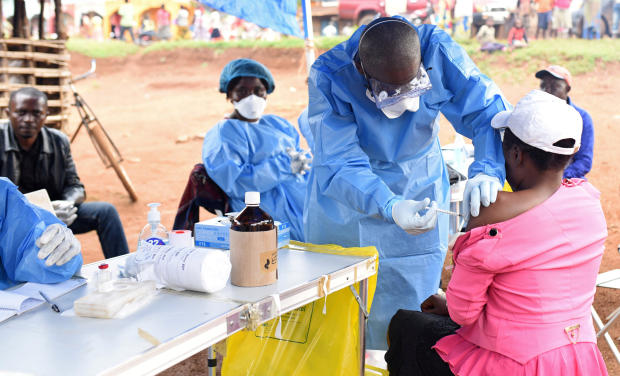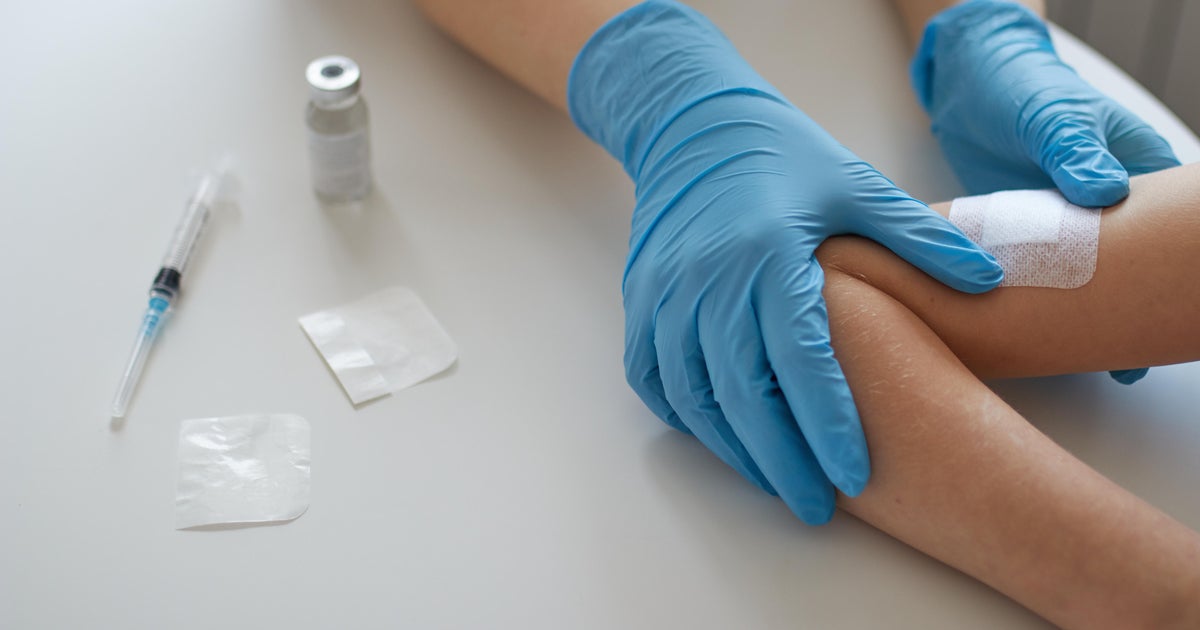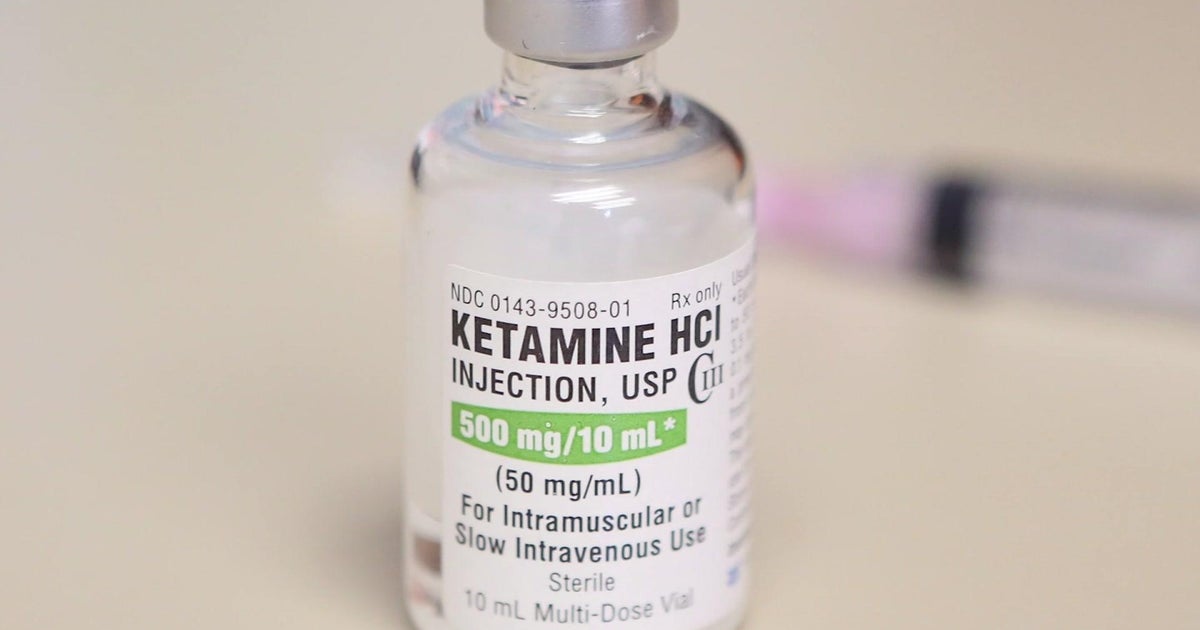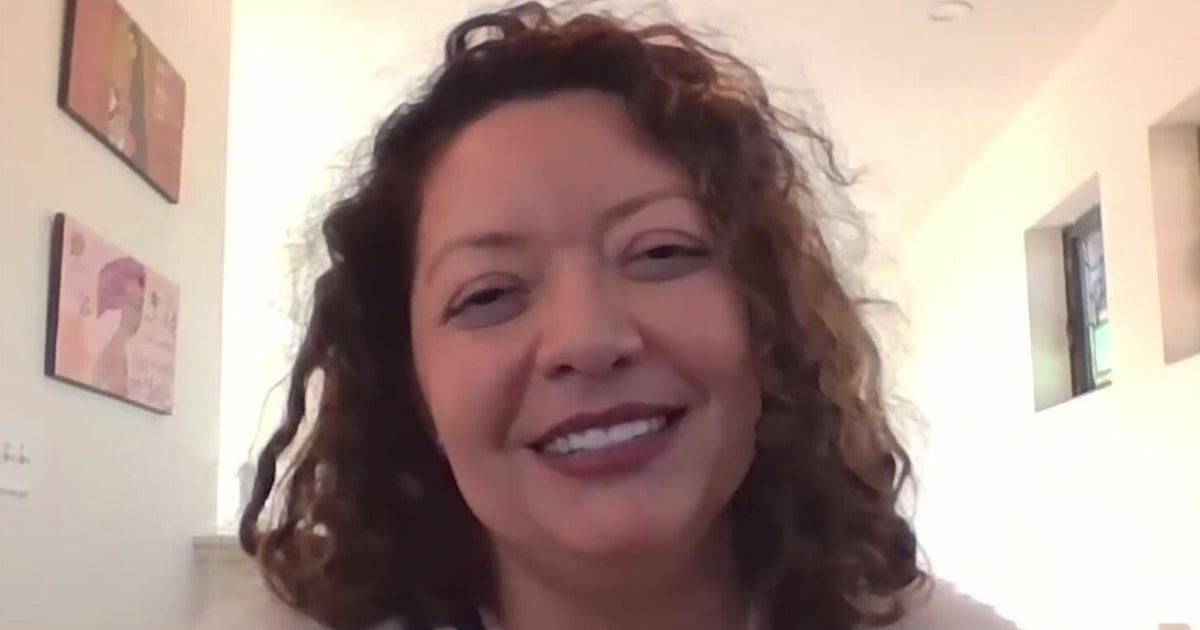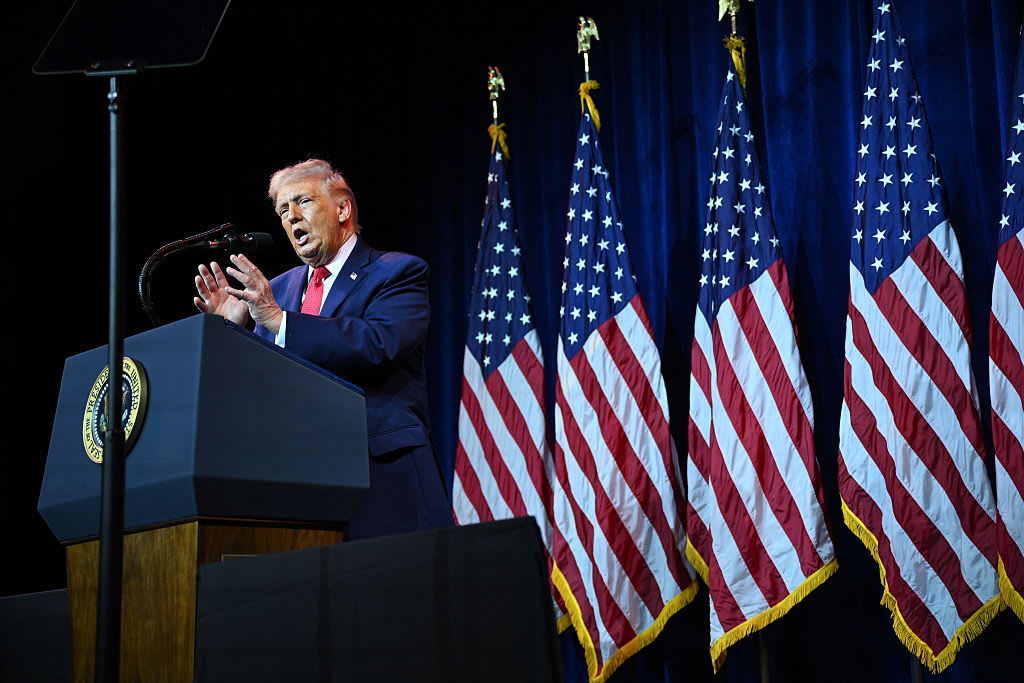Flood of refugees fleeing Congo raises fears of spreading Ebola
Hundreds of refugees have crossed into Uganda from Congo in the days since that country's troubled presidential election, a Red Cross official said Wednesday, heightening concerns about the possible cross-border spread of Ebola. Separately, the head of the World Health Organization said he has asked the supplier of an experimental vaccine to produce more of it.
The refugee influx started the day after Sunday's vote and since then dozens of people have been arriving at a time, said Irene Nakasiita, a spokeswoman for the Red Cross in Uganda. Some Congolese trying to cross the border were forced back after resisting the efforts of Ugandan health officials screening people for Ebola, she said.
Gayle Smith, president and CEO of the anti-poverty group The ONE Campaign, had expressed concern about the virus spreading beyond Congo on CBS' "Face the Nation" in an interview broadcast Sunday. "I'm quite concerned that it hasn't risen to a higher level of attention on the world's agenda because as we know these viruses don't pay attention to borders, and they move very quickly," she said. "It could kill a whole lot more people."
Congo's government cited the Ebola outbreak in the country's northeast for a contentious decision to bar an estimated 1 million voters from the election. Protests followed, with some people vandalizing Ebola response facilities and some aid groups forced to suspend work for days.
The internet has been cut off in Congo this week in an apparent effort by the government to prevent social media speculation about the results, while the opposition and observers have reported multiple problems with the election. The internet outage also has affected Ebola response efforts, with Congo's health ministry on Wednesday citing "technical problems" for the delay in sending its daily update on the outbreak.
More than 600 Ebola cases have been reported, with more than 360 confirmed deaths since August. The outbreak is the second-deadliest in history.
The outbreak has been difficult to control amid armed violence and community protests, and the violence has increased "in intensity and frequency," the head of the World Health Organization said Wednesday. And yet "there is reason to be hopeful" the outbreak will be brought under control as soon as possible, Tedros Adhanom Ghebreyesus said in the Ugandan capital, Kampala.
Tedros spent New Year's Day in Congo. Amid the election-related protests last week, he warned that "prolonged insecurity" in Congo could lead to a rise in new Ebola cases.
Some of the Ebola cases in this outbreak have been reported close to the heavily traveled border with Uganda. For months, Ugandan officials have been subjecting all passing through official border posts to mandatory Ebola screening.
The Ebola virus is spread through direct contact with the fluids of an infected person. More than 50,000 people have received an experimental vaccine.
Tedros said there were enough doses of the vaccine available "but at the same time we have already requested the supplier to produce more."
